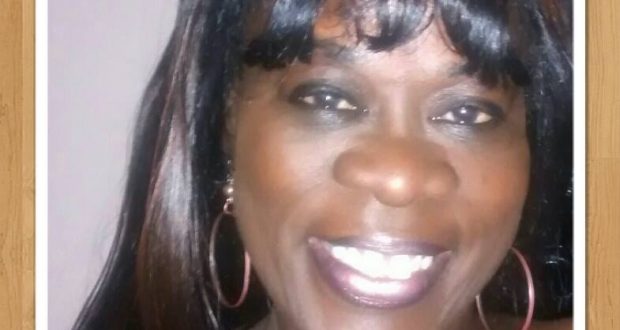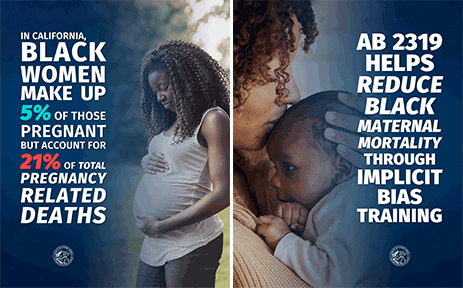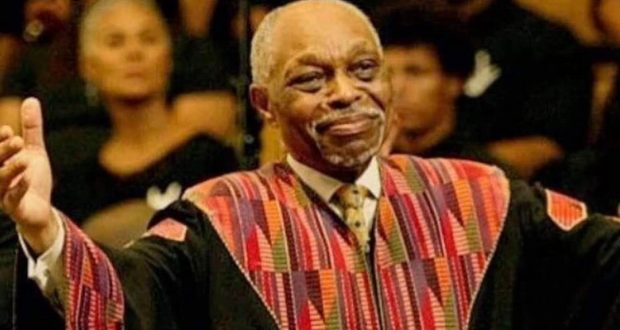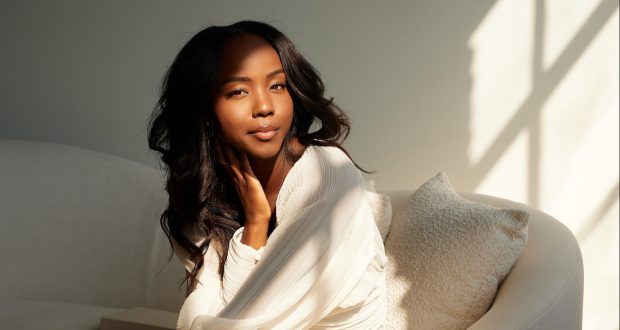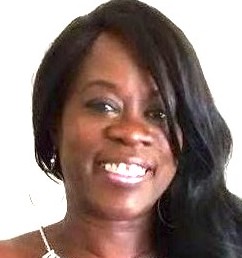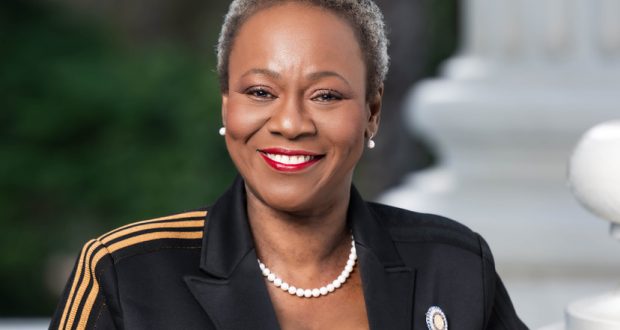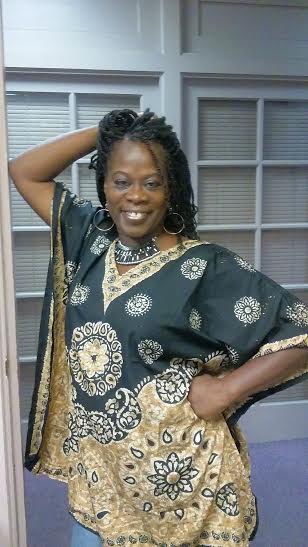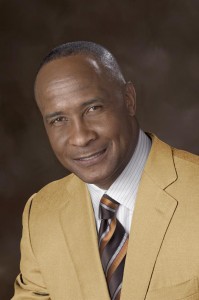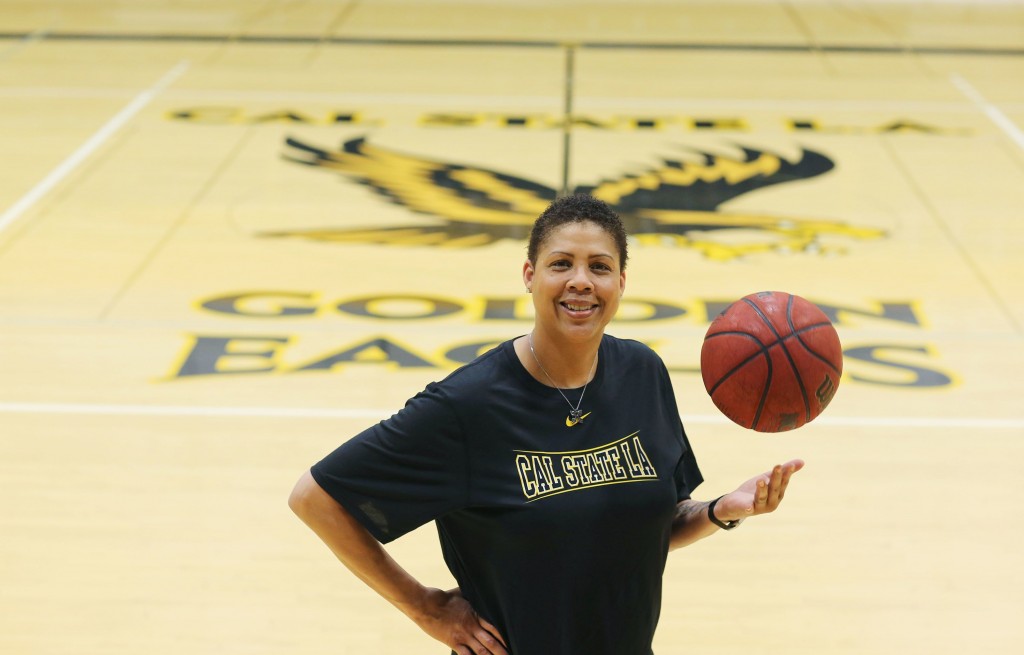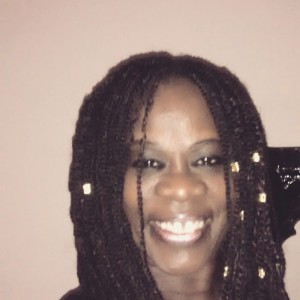By K. Barrett Bilali, Urban News Service
Osman Couey is a New York City teacher who allegedly threw Ka’Veon Wilson, a 7-year-old special-needs student, across a hallway at Harlem’s Public School 194.
Couey allegedly had manhandled his students before. There was the 2013 incident in which a parent complained that Couey grabbed her son by the ear and hurled him down a flight of stairs. He also was reprimanded three times in 2004 and 2006 for corporal punishment and verbal abuse.
But the Ka’Veon Wilson episode was different. The school’s security cameras captured this incident. That recording gave the New York Police Department enough evidence to arrest Couey.
As shocking as it is to hear of a teacher hurting a child, this alleged assault occurred in an environment in which student-on-student and student-on-teacher violence is pervasive. Few transgressions are caught on video, and others go unreported. Nonetheless, a behind-the-scenes glimpse into New York City’s government schools reveals widespread brutality, involving perpetrators and victims across many ages and sizes.
“I have seen staff provoke kids,” said one 30-year veteran Manhattan teacher, who requested anonymity. This teacher and other school professionals have experienced school violence first-hand.
In one incident, a 180-pound eighth-grader pushed her at the top of a stairwell, this teacher said. She grabbed the railing and stopped herself from tumbling down the stairs. She reported the unprovoked attack. Nothing happened.
As this instructor attempted to protect one innocent student from a tormenting elementary school classmate, the aggressive school boy caught the teacher off balance, rammed into her and kicked her, she said. A lasting scar bolsters this educator’s story.
“At the parent-teacher conference, the parent used F-bombs in front of her son but still threatened to file a lawsuit against me for allegedly abusing her son in the past,” said the teacher. “But the worst part,” she said. “There was no support from the administration.”
She said the principal and staff all told her that it was her fault that she did not know how to handle “these kids.”
To cope, keep peace and not endure violence, “Teachers find ways to appease youngsters with candy, favors, and benefits,” she said.
In another Brooklyn school, a child was reported for disrupting a class. The student was assigned to in-school detention and then threw every chair in the room. The child was just 4.
On one Bronx campus, Assistant Principal Mary Negron-Biancaniello broke both of her arms while protecting her face from a flying chair. She since has retired from Gotham’s school system.
Last month, New York State Comptroller Thomas DiNapoli released a report that criticized the city’s public schools for not reporting violent outbreaks. The audit also found numerous “unauthorized student departures.” It sampled 10 city schools and discovered 177 cases of students leaving the premises without permission. School officials made no apparent effort to retrieve these students.
The audit also uncovered 400 unreported violent incidents. Among these, 126 involved reckless endangerment, sexual offenses, weapons possession and assaults with physical injuries.
New York City’s Department of Education is mandated to update accurately the State Education Department’s Violent and Disruptive Incident Report. Albany uses this document to calculate each campus’s School Violence Index. This determines whether a school is “persistently dangerous.”
Thirty-two schools landed on New York state’s “persistently dangerous” list in 2015. Of these, 27 (84 percent) are in New York City.
“If a school has a lot of suspensions, instead of fixing the problems, the schools try to hide them,” said Francesco Portelos, a tenured instructor and candidate for president of the United Federation of Teachers. Many teachers also are afraid to report classroom incidents because they wind up being blamed for them, Portelos said.
In one reported event in Staten Island, a male teacher was struck in the back of the head by a classroom door. Two students were suspended for this, but the teacher was written up for “poor judgement.”
Teachers do get hurt. But what about the violence that they commit?
“We don’t want to defend teachers who are hurting children, but we know what it is like to be accused of something while being innocent,” said Portelos. He said he has withstood 37 investigations in his 10 years as a Big Apple teacher. All of these allegations against him proved false.
Meanwhile, Osman Couey awaits trial for assault and acting in a manner injurious to a child under 16. A video brought his alleged violence to light. But plenty of brutality in America’s largest school system remains in the dark.
 Westside Story Newspaper – Online The News of The Empire – Sharing the Quest for Excellence
Westside Story Newspaper – Online The News of The Empire – Sharing the Quest for Excellence
